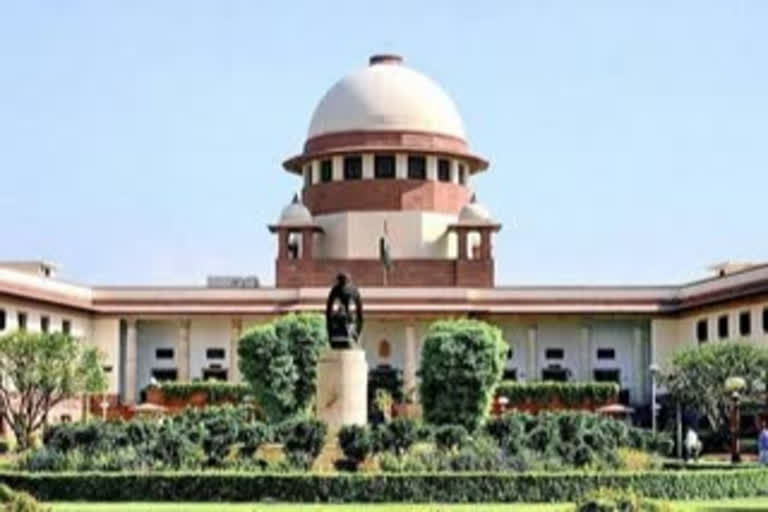New Delhi: Can a state government frame a policy, irrespective of the gravity of the crime committed, for the release of a life-term convict prematurely before completing 14 years in jail? The Supreme Court on Friday asked the Chief Justice to constitute a Constitution Bench to consider this issue.
Article 161 empowers the Governor to commute, remit and pardon the sentence of a convict, while Section 433 A of the CrPC says there is no scope for any pardon or remission for a person, convicted of a crime which involves the death sentence as the maximum punishment.
Therefore, a larger bench will examine the issue whether before completing 14 years in jail, can a policy by a state government allow the release of a convict, and also could this remission be granted in a blanket fashion.
A three-judge bench comprising Justices U U Lalit, Mohan M Shantanagoudar and Vineet Saran, framing the question, said "Whether in exercise of power conferred under Article 161 of the Constitution a policy can be framed, where under certain norms or postulates are laid down, on the satisfaction of which the benefit of remission can thereafter be granted by the Executive without placing the facts or material with respect to any of the cases before the Governor and whether such exercise can override the requirements under Section 433-A of the Code."
The top court also appreciated the assistance rendered by advocate Shikhil Suri in the matter of the premature release of a life term convict from Haryana. The issue cropped up in a pending bail application filed by a murder accused Pyare Lal, who was more than 75 years old.
